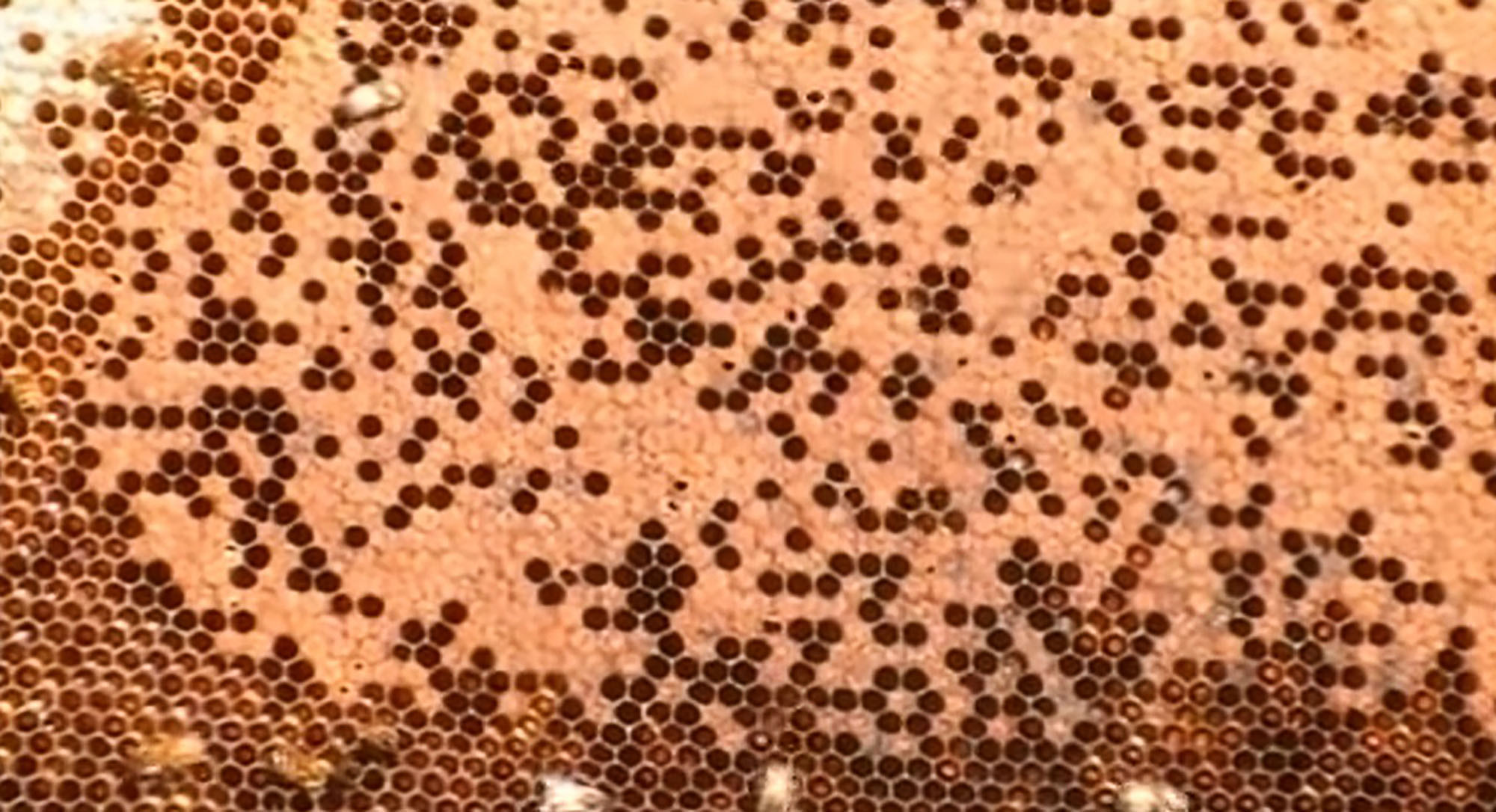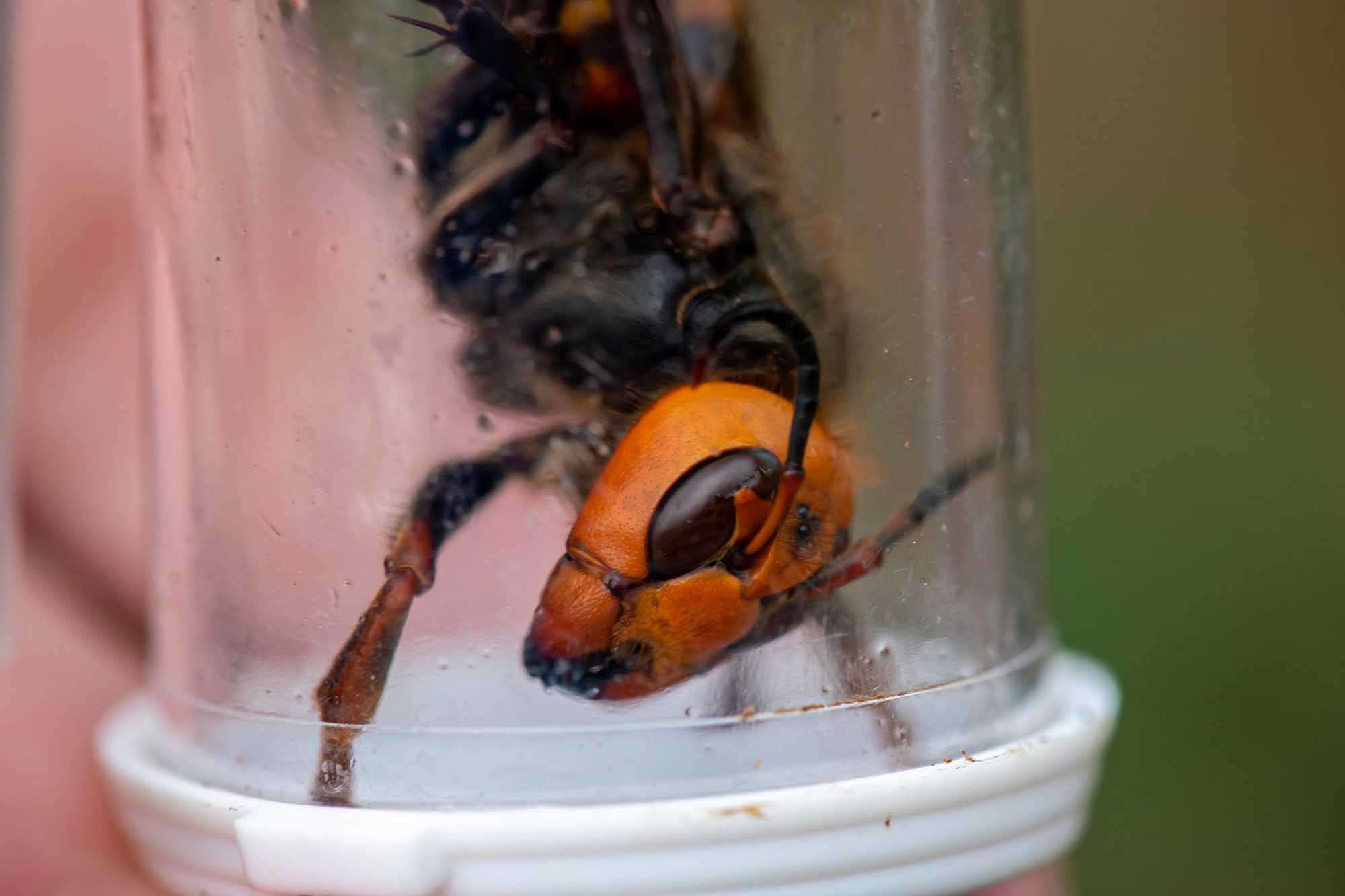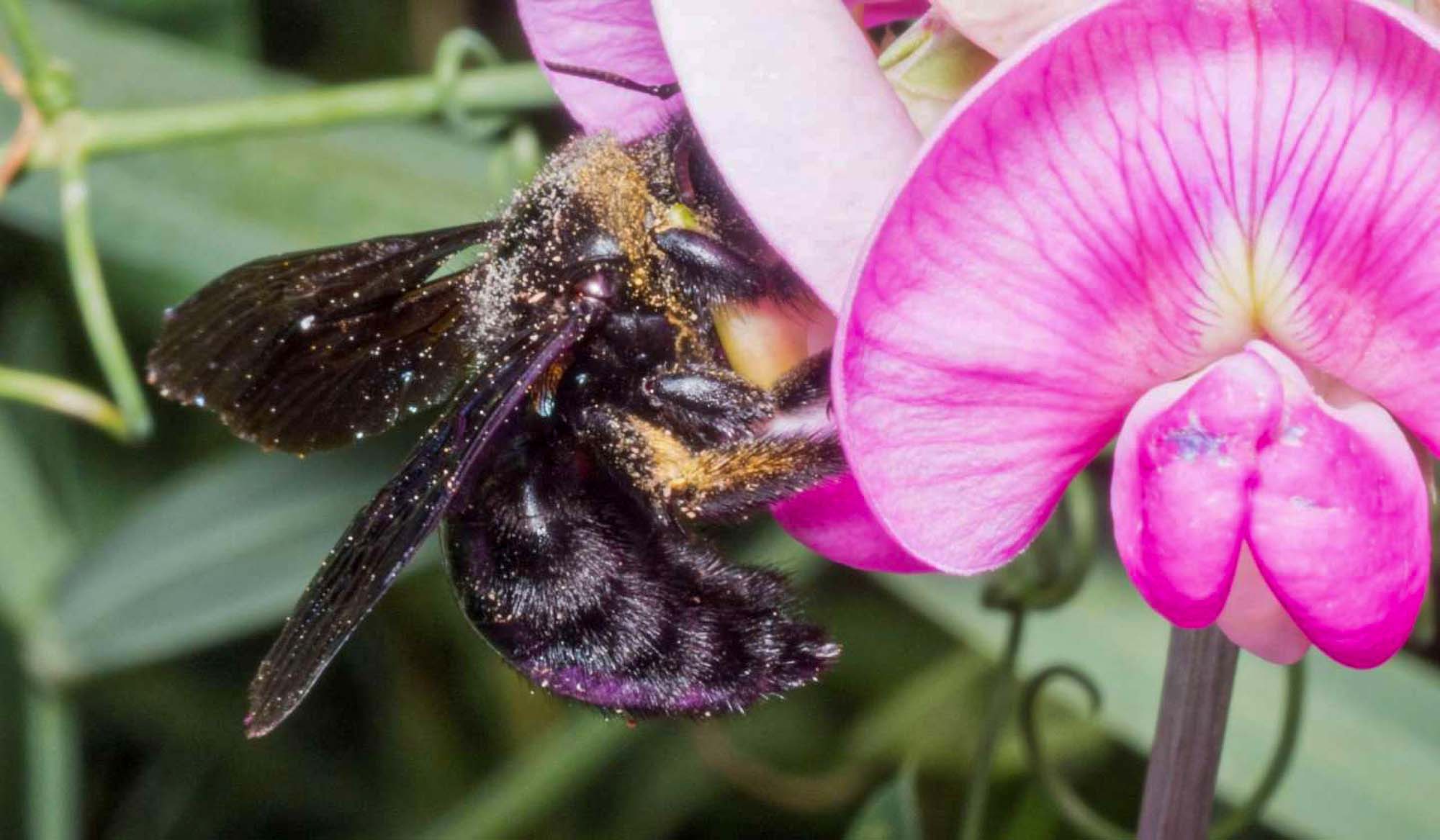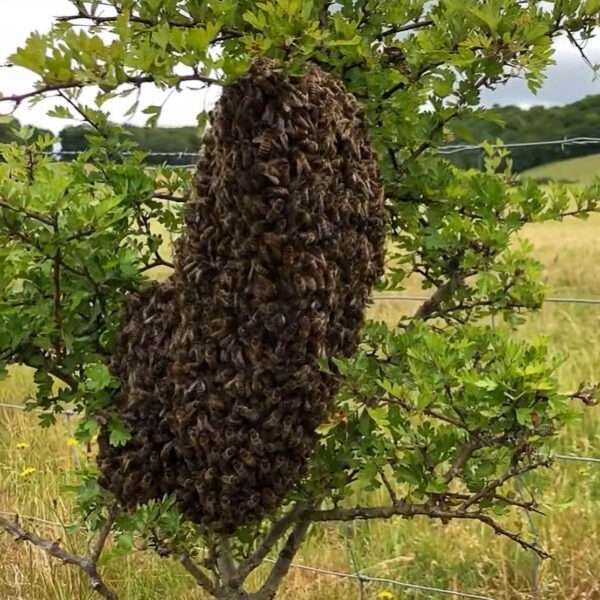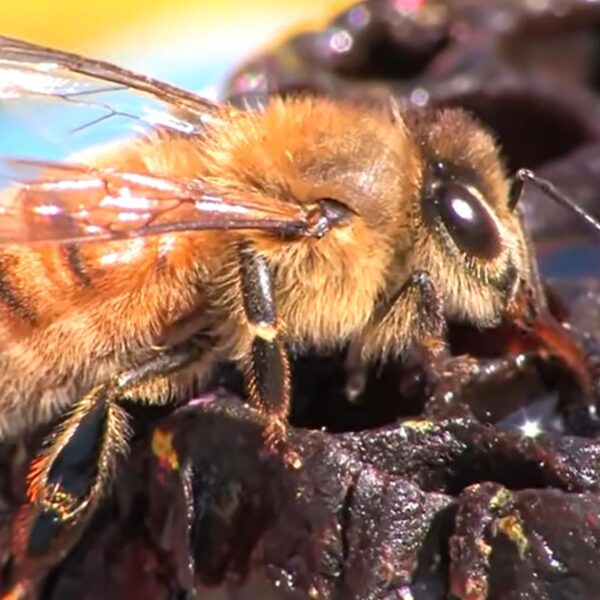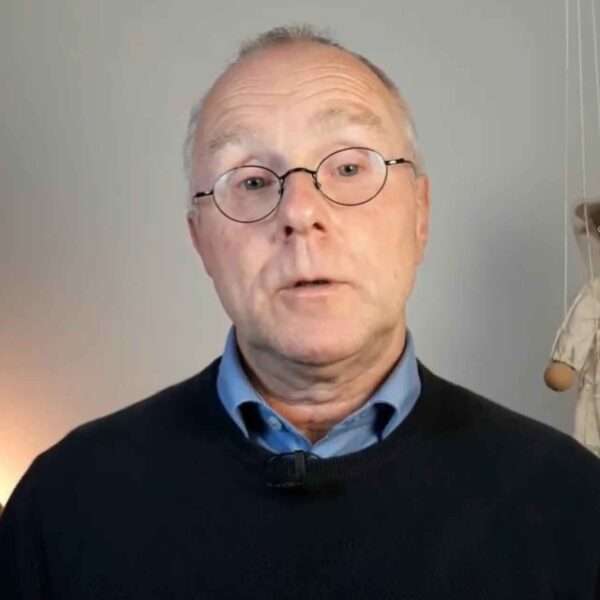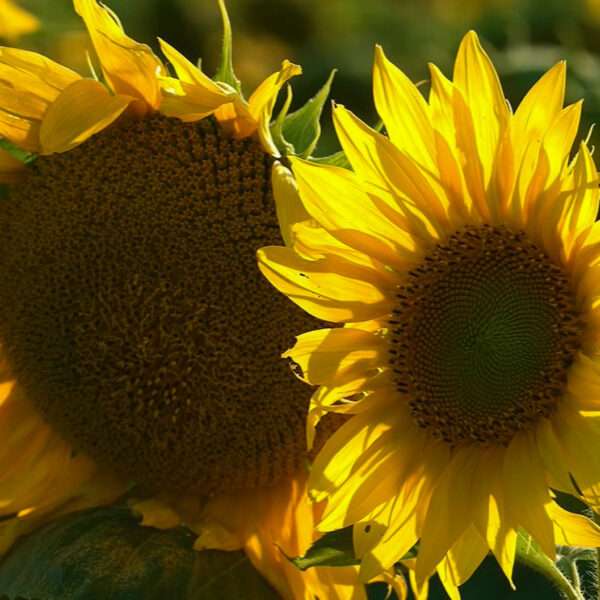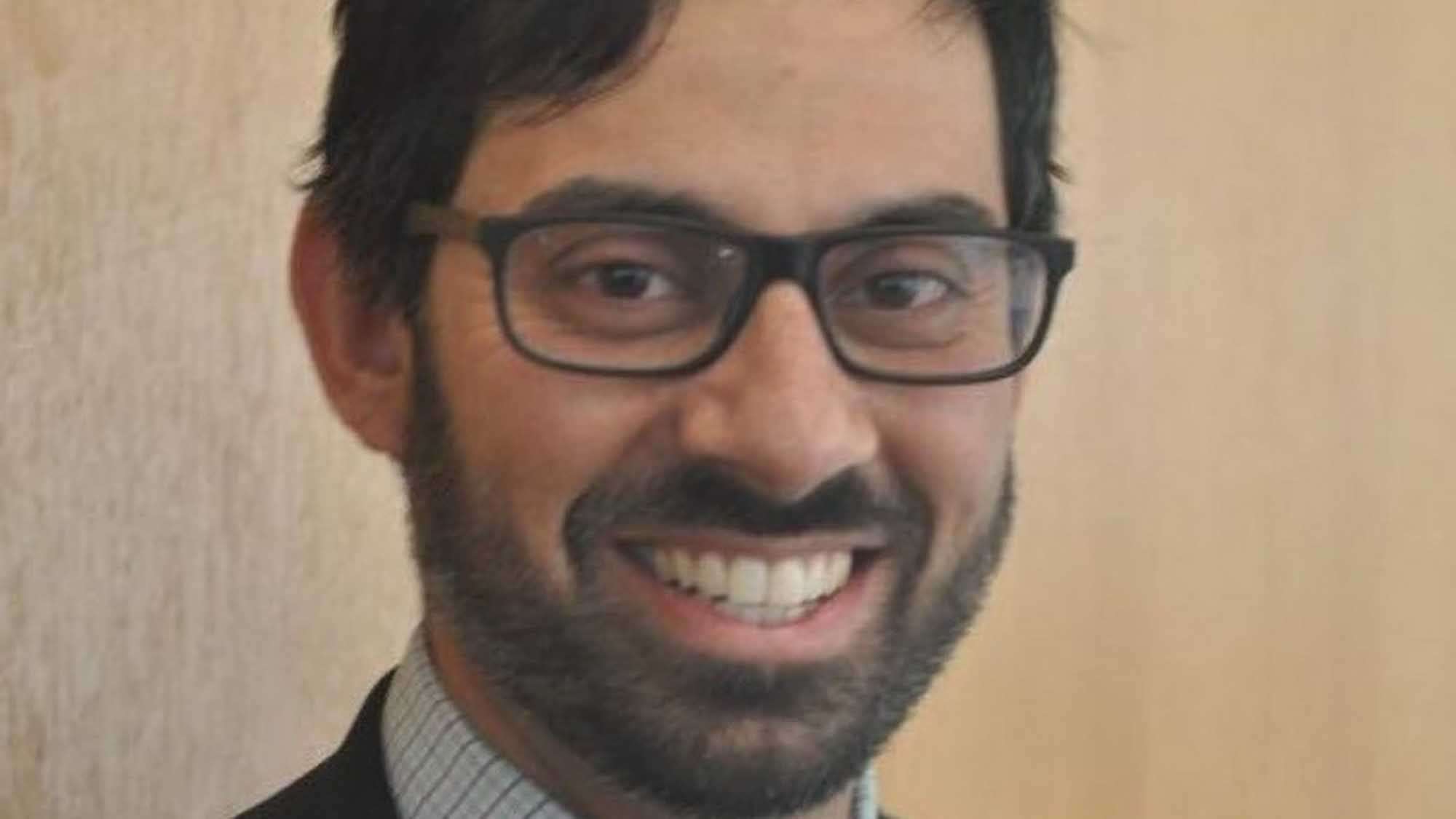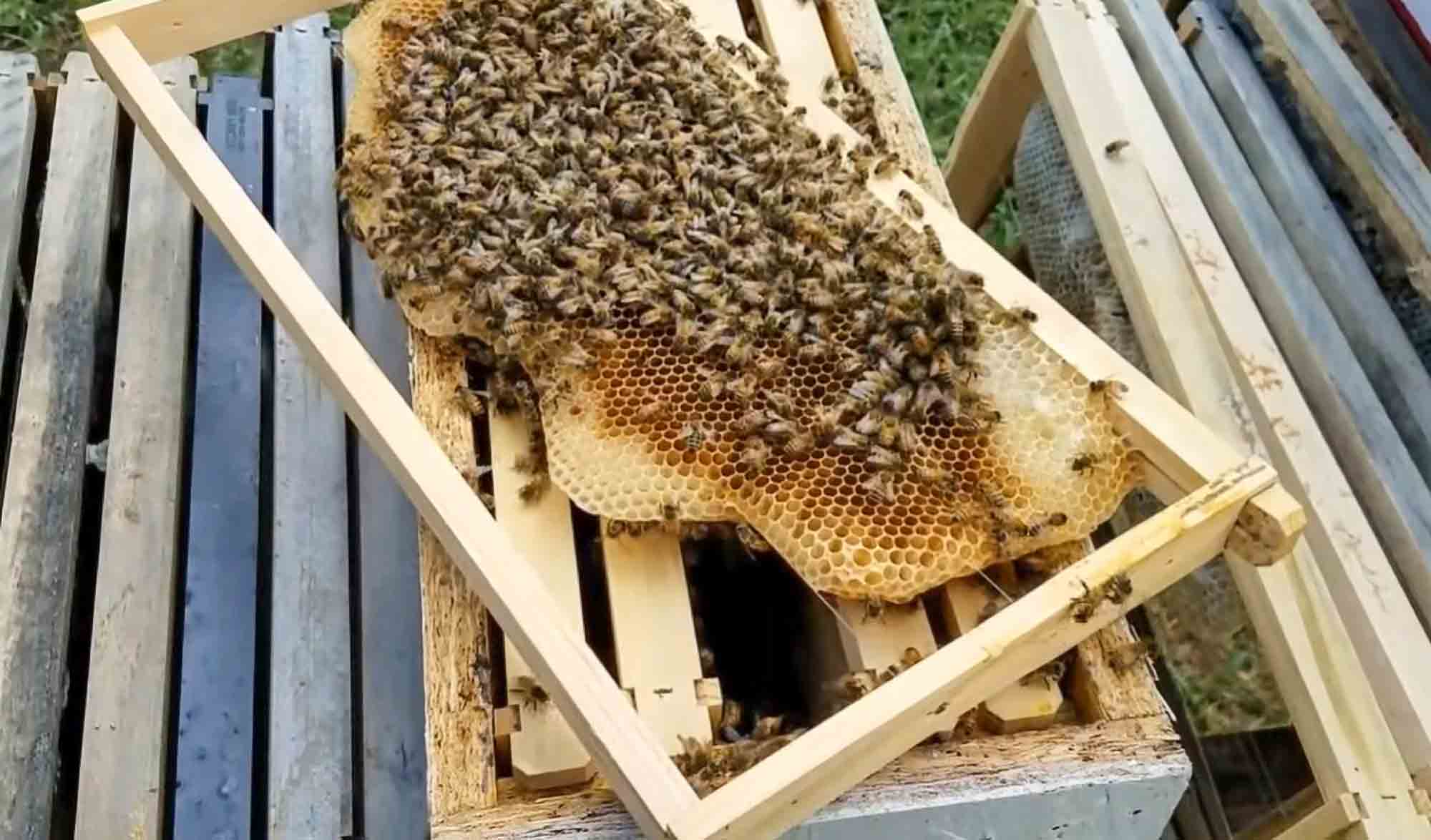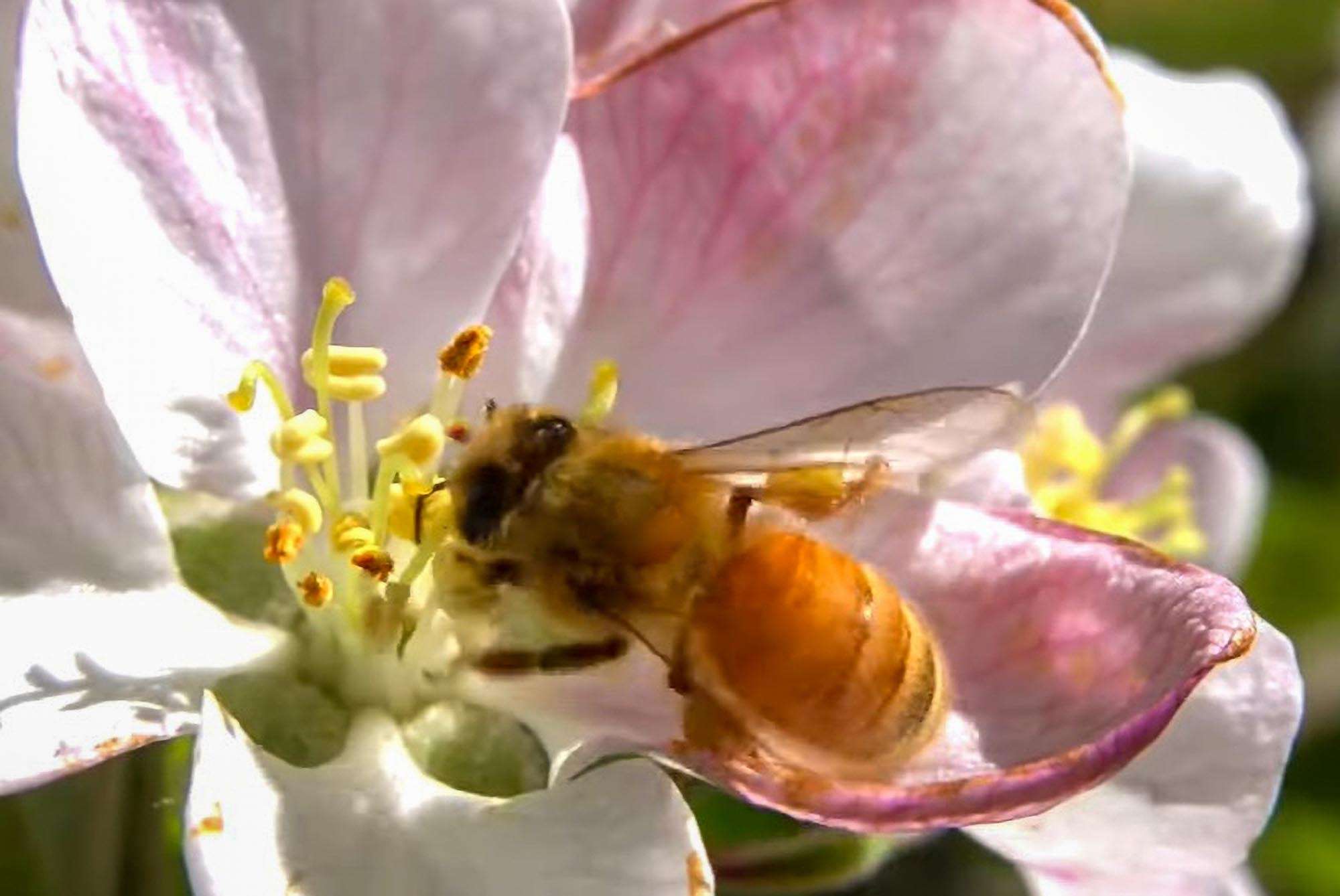A leading expert on honeybees who is involved in developing the world’s first vaccine against American foulbrood has outlined the project’s significance.
American foulbrood (AFB) is a fatal bacterial disease of honeybee brood caused by a spore-forming bacterium that has drastically reduced the revenue of beekeepers globally over the years.
Prof Keith Delaplane from the University of Georgia, Athens, and his team of researchers are cooperating with Georgia-based startup Dalan Animal Health over the development of an edible substance tackling the illness.
Dalan Animal Health recently announced having received funds of USD 5.5 million (GBP 4.96 million) from different associations.
Underlining the importance of the endeavour, Prof Delaplane told the Savannah Morning News: “It’s very similar to the problem with amphibians around the world, and bats. They’re a big group of animals that have a perfect storm of hardships descending on them all at once.”
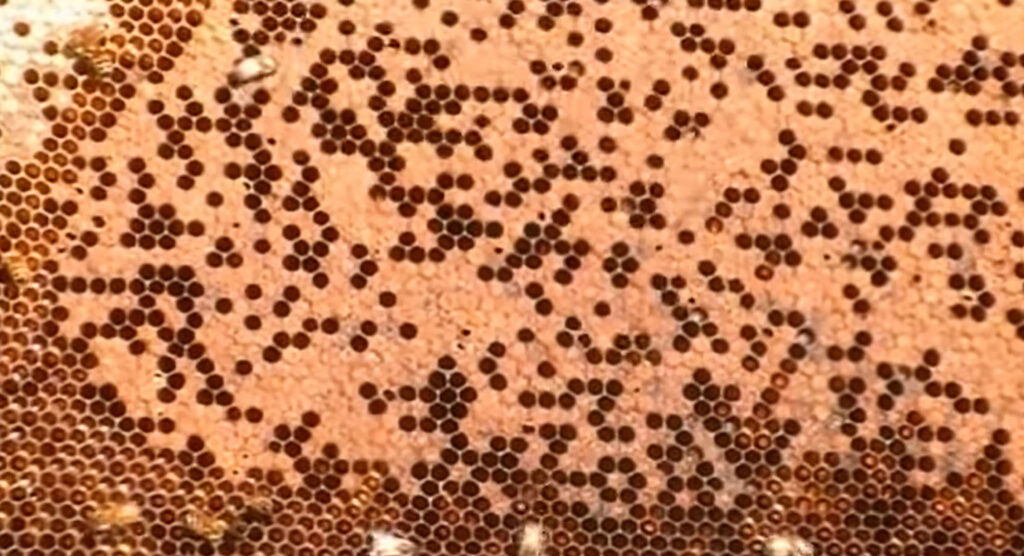
Since AFB is not a stress-related sickness, the disease can also infect robust honeybee colonies. AFB is widely regarded as one of the most devastating bacterial infections affecting the pollinators.
According to Prof Delaplane, apiarists are able to determine immediately if one of their colonies suffers from AFB.
The entomologist explained that the colour of the pupa changed from a shiny white to a “chocolate brown, stinking wad of goo.”
Prof Delaplane added that the stench would be “distinctly recognisable.”
Speaking to the Savannah Morning News, Prof Delaplane said he was optimistic that an updated version of the oral vaccine could also fight viruses in the future.
The anti-AFB substance – which has no harmful additives – is given to the colonies’ queen bees that protect the larvae before they hatch. It is currently undergoing tests at the United States Department of Agriculture (USDA), according to Prof Delaplane.
The renowned entomologist revealed that the vaccine might be available as early as next year.

